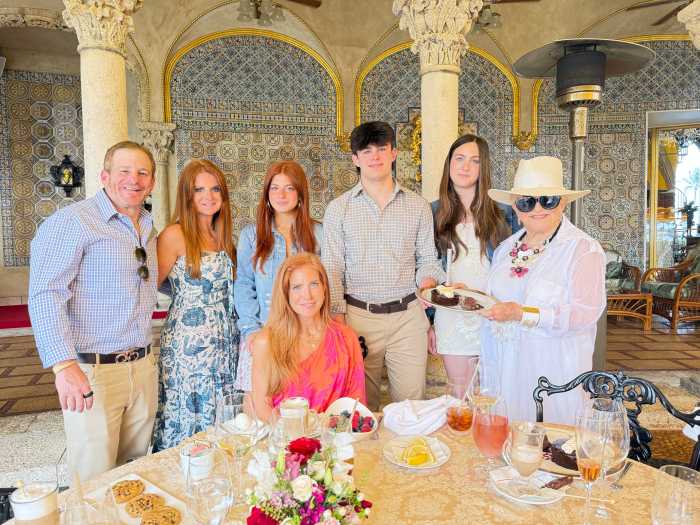By Rashmi Vaish
This was one of the questions posed at LaGuardia Community College a couple of years ago when it became known that the Long Island City school had received a $100,000 Ford Foundation grant for an initiative called Difficult Dialogues. The project is aimed at promoting academic freedom and religious, cultural and political pluralism on college and university campuses in the United States.”We were very honored to be selected by the foundation for the project,” LaGuardia President Gail Mellow said. “Six hundred institutions had applied and we were one of 25 selected by the foundation to receive the grant.” The other borough institution to receive the grant was Queens College, whose project is titled “The Middle East and America: Clash of Civilizations or Meeting of the Minds.”For LaGuardia's undertaking, called “Let Everyone Remain Free,” the college decided to focus on the religious diversity that students and faculty experience on campus and in the larger community of Queens the college occupies, said Robert Kahn, director of the college's grants development office. The canvas, after all, was perfect: Located in the most diverse county in the nation, the student body of the college represents 150 countries and speaks more than 100 native languages, with 42 percent of the students listed as Hispanic, 20 percent Asian, 20 percent black and 17 percent white, according to statistics from LaGuardia.Initial conversations and meetings led to a three-prong approach to tackling the project, Kahn said. One of the first is faculty development, which began with a yearlong seminar in the summer of 2006 on how to integrate religion and diversity issues into the curriculum.The second is through digital storytelling in which students and members of the faculty are encouraged to tell their stories on their religious upbringing and experiences via multimedia online, allowing others to share their own insights into the diversity that surrounds them.The third, perhaps most compelling, is study or conversation circles, to be held on campus and in the surrounding communities, which will bring together religiously diverse groups of eight to 12 people for two-hour sessions once a week for four weeks. One of the first such circles was held on campus and was spearheaded by Rosemary Talmadge, special assistant for Organizational Development at the Office of the President, who had helped organize similar circles in Hartford, Conn., for a different project.”We always begin with asking people to tell their stories,” Talmadge said, “and from that you start to see themes emerge. You realize that even though we've all got these diverse backgrounds, we all have something in common. I've always found it to be extremely profound.”Naikyemi Odedefaa, director of Program Development and Review at the Division of Adult and Continuing Education at the college, was a participant in one of the on-campus circles and was equally touched by her experience, which she said gave a new insight into her colleagues and the people she interacted with.”The conversations demystified a lot of spiritual traditions that you may not have known about,” said Odedefaa, who identifies herself as an African traditionalist of the Eedyi (pronounced ay-gee) faith from Senegal and Mali, and went through the circle to train as a facilitator for future circles.To take the circles to the community, the college began reaching out to various houses of worship in the borough starting in the fall, Kahn said.”At least eight houses of worship – in Flushing, Jackson Heights, Jamaica, Corona, Elmhurst and Woodside – have offered us their spaces” for the conversation circles, Talmadge said. “We're aiming to have 16 circles beginning March 5 and ending May 8. We will track the themes and on May 10 will hold an action forum for everyone who participated in the circles.”The first community conversation circle is currently underway and Talmadge is extremely hopeful that this will provide a good basis of materials for the future conversations.For Odedefaa, the interactions hold an importance for the greater population as well.”Queens has always been representative of spiritual diversity,” Odedefaa said. “It was called for at the time of the Flushing Remonstrance because of a willingness of a few to make the voices of the many heard. “We have to be vigilant and careful that the tolerance is maintained because we want communication in times when there isn't crisis rather than wait till there is a crisis. These dialogues have to be about keeping lines of communication open. It has to make a difference,” she said.Reach Assistant Managing Editor Rashmi Vaish by e-mail at news@timesledger.com or by phone at 718-229-0300, Ext. 141.

































